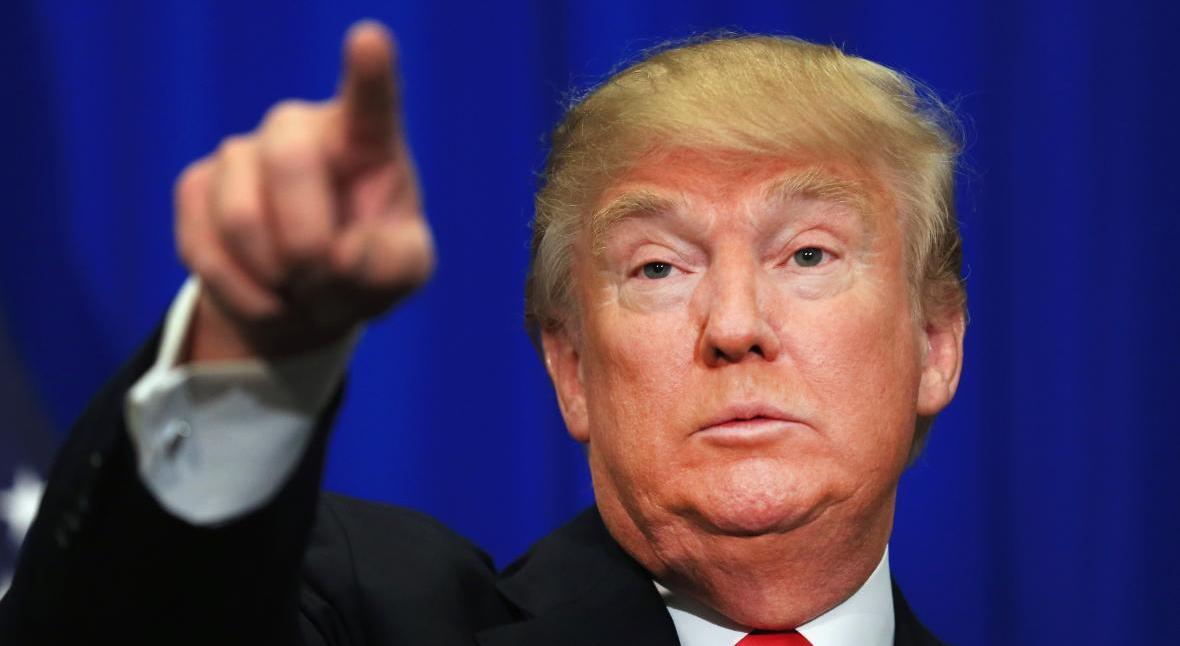Going beyond petty disagreements over the crowd size at the inauguration or the number of illegal votes cast in the November election, President Donald Trump and his chief political strategist, Steve Bannon, have branded the media, rather than the Democrats, as their true opposition.
“I think the media is the opposition party,” Trump said in an interview with David Brody of the Christian Broadcast Network on Monday. “They treat me so unfairly, it’s hard to believe I won … The media is a disgrace.”
It is true that news agencies by and large failed to foresee Trump’s victory. Many even continued to predict a Clinton White House late into election night. But after the polls closed and the counts came in, which showed the former Democratic bulwarks of Michigan and Pennsylvania going for Trump, they all corrected their reports.
It is not as if the Chicago Tribune printed a reversed, “Hillary Defeats Trump” headline, like they famously did after the 1948 election between Harry Truman and Thomas Dewey.
In reality, regardless of their ideological affiliations, legitimate media institutions have not shirked their role as a source of accurate and verified information for public consumption.
When the president gives a speech, the media fact-checks it. This is their role as an institution. And it is their duty to the public.
But this not how Trump sees the things.
He takes any challenge to his words as an attack on his person, and as he demonstrated during the campaign, he is vindictive and will let little stop him from getting back at those he perceives to be his enemies.
Trump’s declaration that the media is the true opposition party demonstrates the more sinister reality of his governing methods.
As it is the role of the press to report the facts, then to be in opposition to the press means to be in opposition to facts — to the very idea that there is some shared truth or reality that transcends personal politics.
Perhaps this understanding of reality is best summed up in the words of counselor to the president, Kellyanne Conway, who in response to questions about the president’s assessment of his inaugural crowd size used the phrase “alternative facts.”
In a world without a single objective reality, anyone would be free to create their own set of alternative facts, and the American people would be left without any method to weigh the words of the President against those of the media.
“The fortunate thing about me is I have a big voice,” Trump went on to say in his interview with Brody. “I have a voice that people understand.”
So it would seem that Trump’s plan is to simply shout louder and have his alternative facts heard over those of others.
But of course, there is an objective reality, and an alternative fact is no fact at all.
It is the duty of the media to seek out the truth and present it to the people. But to do this under a Trump administration means that we must treat the words of the president as what they really are — propaganda.
The people can no longer rely on the United States government as a source of verified information. School teachers can no longer instruct their students to use .gov websites for research. We must all take the words of any government agency with a grain of salt.
Journalists will have to seek out multiple additional sources when covering the president. The role of White House correspondent will no longer be one of prestige, reserved for senior journalists, but one that is passed off to unpaid interns. And when press secretary Sean Spicer takes the podium, his pleas for attention will fall on deaf ears.
If the president wishes the media to be his opposition party, then so be it. But he should not mistake being in opposition with being out of power.

